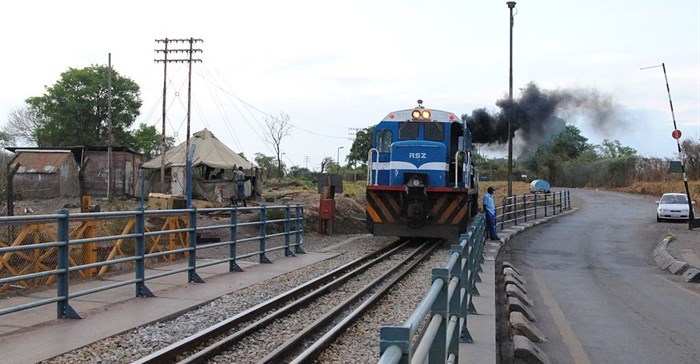It is cheaper for SA to import animal feedstock or sugar from Brazil than from Zambia because of the excessive costs of overland cross-border freight, according to a new research paper by a global think-tank.
Benchmarking exercises on overland cross-border freight in Southern Africa indicate that transport costs are in some cases twice what they should be and this is encouraging deepwater imports, according to a paper from UN University, a postgraduate teaching organisation involved in collaborative research and education.
The paper was presented at a November conference with the Treasury and the think-tank.
Despite lower input costs than international competitors, border inefficiencies mean it is cheaper for SA to import sugar and animal feed from South America than from some of the countries in the Southern African region. "Prices charged for overland cross-border freight in Southern Africa remain higher than in other regions, even though many of the input costs of road transport - vehicles, fuel, and drivers' wages - are lower than those in Europe and North America," the brief reads.
The research brief published in November is based on research conducted by Thando Vilakazi and Anthea Paelo, who investigate transport links between Malawi, Mozambique, SA, Zambia and Zimbabwe.
Because of high transport costs, it is cheaper overall for SA to import animal feed and refined sugar from South America than to source both products from Zambia, even though Zambia enjoys a cost advantage in the production of both products. "With animal feed costs at around $400/tonne in 2015 and transport from Zambia to Gauteng costs at above $100/tonne, transport costs effectively break the regional value chain and favour deepwater trade," the report says.
"A competitive benchmark for this route would be about 40/tonne.
"Reducing transport costs by half would improve the cost competitiveness of regional producers by more than 10%, allowing them to more effectively compete with deepwater suppliers who supply more than 200m worth of animal feed."
The Cross-Border Road Transport Agency concluded in its annual state of cross-border operations report published in September 2016 that despite SA's bilateral transport agreements with regional countries, including Zambia, adherence to provisions remained problematic and progress on infrastructure agreements was slow.
Issues included inadequate infrastructure - such as weighbridges - as well as bribery and corruption. The payment of bribes by some operators to reduce long waiting times served as a nontariff barrier, reducing investment.
It said that despite the inherent advantages of regional integration, the Southern African Development Community (SADC) had not achieved "most of its regional integration economic targets".
"Acknowledging the fact that transport is a precursor to sustainable economic growth and development, it is evident that full economic integration can only be achieved if an integrated transport infrastructure exists that supports the seamless movement of traffic within the SADC," the Pretoria-based cross-border regulator said in its report.
"Currently, the regional road transport sector is plagued by various hard and soft infrastructure impediments that result in high trade and transport costs" and discouraged trade, it said.
Source: Business Day










































